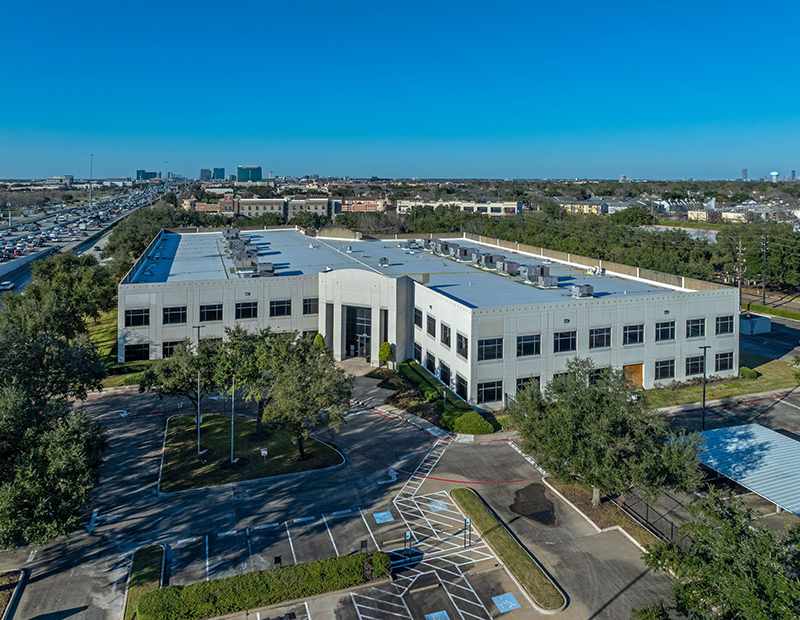4 Reasons Investors Turn to Net Lease
This quartet makes single-tenant commercial one of the most efficient and effective ways to invest in real estate.

As the U.S. continues to face short-term economic uncertainty, a good plan for high-net-worth individuals and family offices to protect and create wealth is through long-term dependable investments that traditionally weather fiscal storms.
Many such investors have either kept a strong position in commercial real estate or boosted their allocation. Asset management data company With Intelligence estimates that 32 percent of single-family office total portfolios are real assets. Wealth management firm Right Horizons estimated real estate as approximately 18 percent of high-net-worth investments. Professional Wealth Management, a Financial Times publication, noted in Q4 2024 that real estate historically composed a “large allocation” for wealthy investors as a tangible asset “well suited” to multi-generational investment strategies. UBS Global Wealth Management emphasized the attraction of real estate for its yield and perceived inflation-adjusted price stability.
LIKE THIS CONTENT? Subscribe to the CPE Capital Markets Newsletter
Out of all commercial real estate categories, net lease, in which tenants pay rent and portions of operating expenses, is one of the most efficient and effective because of a powerful quartet.
The first is property valuation growth, which ultimately depends on market perception. Markets have been nearing or reaching their bottoms after sudden elevations and then falls during the flip between pandemic-driven heavy investment followed by interest rate-driven falls. Even if bottoms were a year or two out, a longer investment horizon should encompass that.
Second is net operating income. Even in down times, proper operation of an asset in the long run will return an ongoing cash return on the investment—money that can go to further diversify a portfolio or support any other endeavor.
Tax benefits take many forms, whether the full return of 100 percent bonus depreciation, which is a great wealth-building tool, or structures like a 1031 exchange or Opportunity Zone investment that can defer capital gains.
The last of the four is more subtle but as important, especially in uncertain times, as property prices tend to move upward with inflation, maintaining investment value in the long term.
A diversified property type
There are many types of net lease properties. Retail alone includes many types, some of which are well-positioned to move forward: traditional grocery-anchored locations, automotive parts and service, quick service restaurants, upstart coffee chains making inroads into established big names, fitness facilities and home improvement. All these business types tend to do well even in hard economic times.
Other good net lease choices are industrial (warehouses, factories, and logistics hubs), multifamily (a technical name for apartments), medical office and even office depending on the lease guarantor and location. Different choices for an investor’s strategy.
That strategy should incorporate four points beyond what defines your overall approach to portfolio building and management. As there are increasing concerns about consumer bifurcation, with the public separating into upper and lower economic strata, consider a two-prong approach to address both parts. Next, look for strong net operating income opportunities to provide a solid additional source of return. Choose properties that balance anchors, with their ability to attract consumers, with local businesses that are tied to the community. Finally, work with advisors that have both national and local presences that know the range of business landscapes.
With proper structure and good advice, you can build a strong net lease portfolio that complements the rest of your investments and provides good returns into the future through an additional path to wealth beyond stocks and bonds.
Jonathan Hipp is principal, capital markets, & head of the U.S. net lease group for Avison Young.







You must be logged in to post a comment.